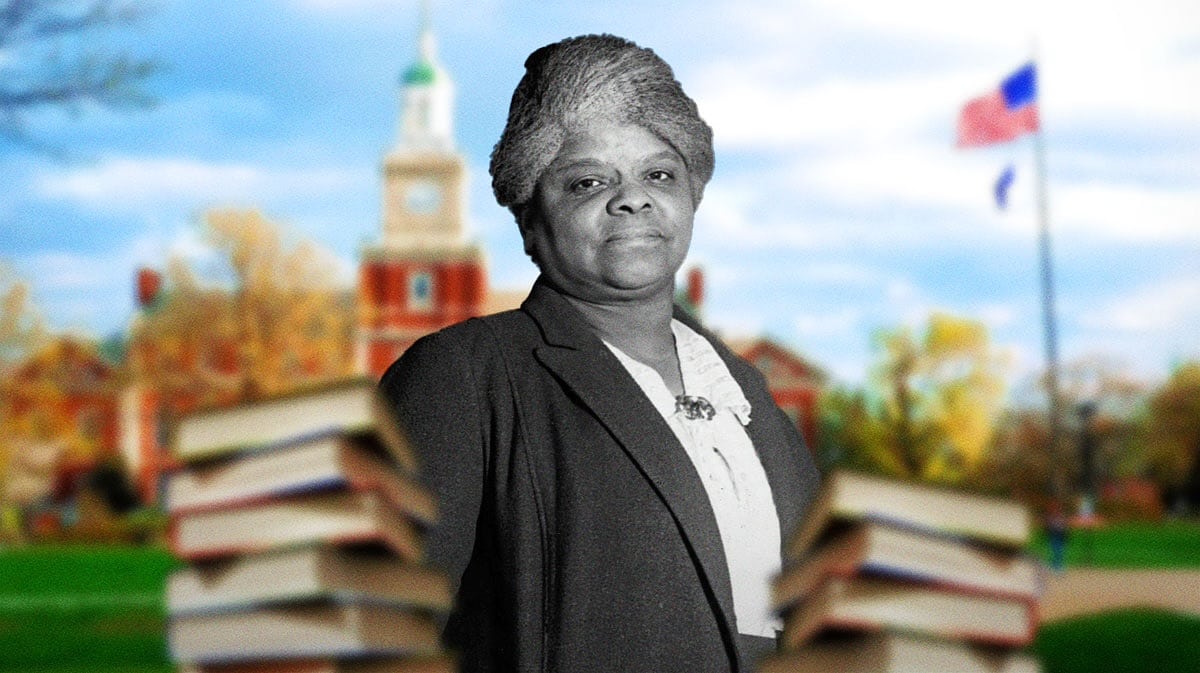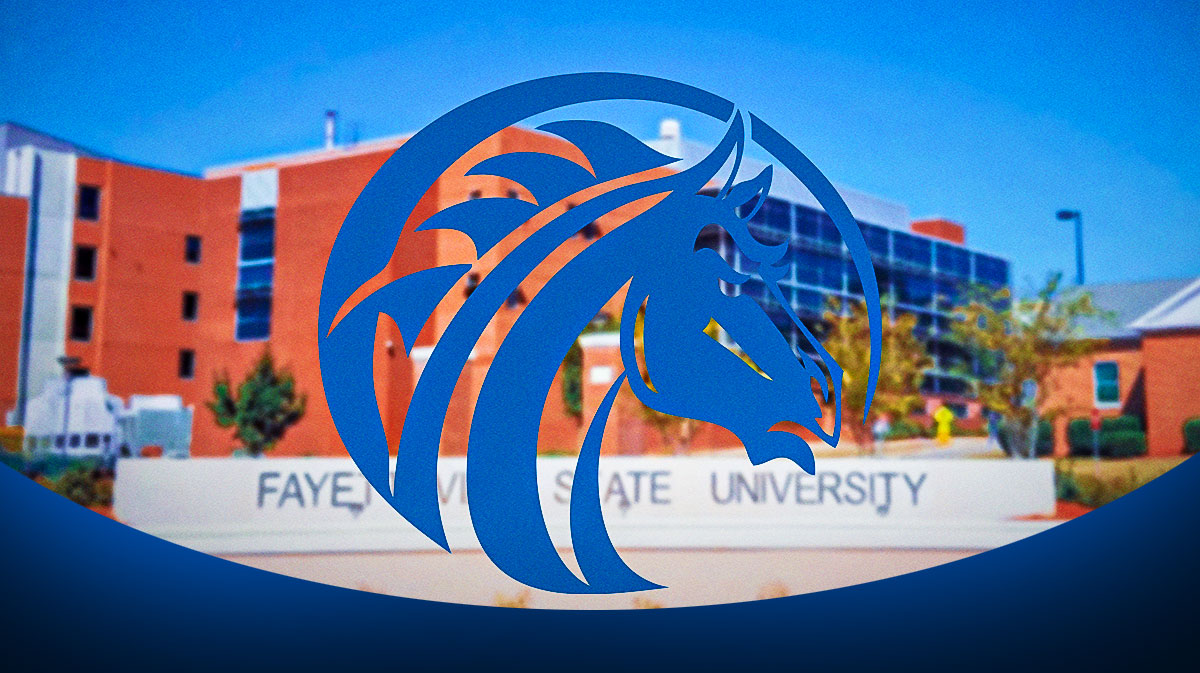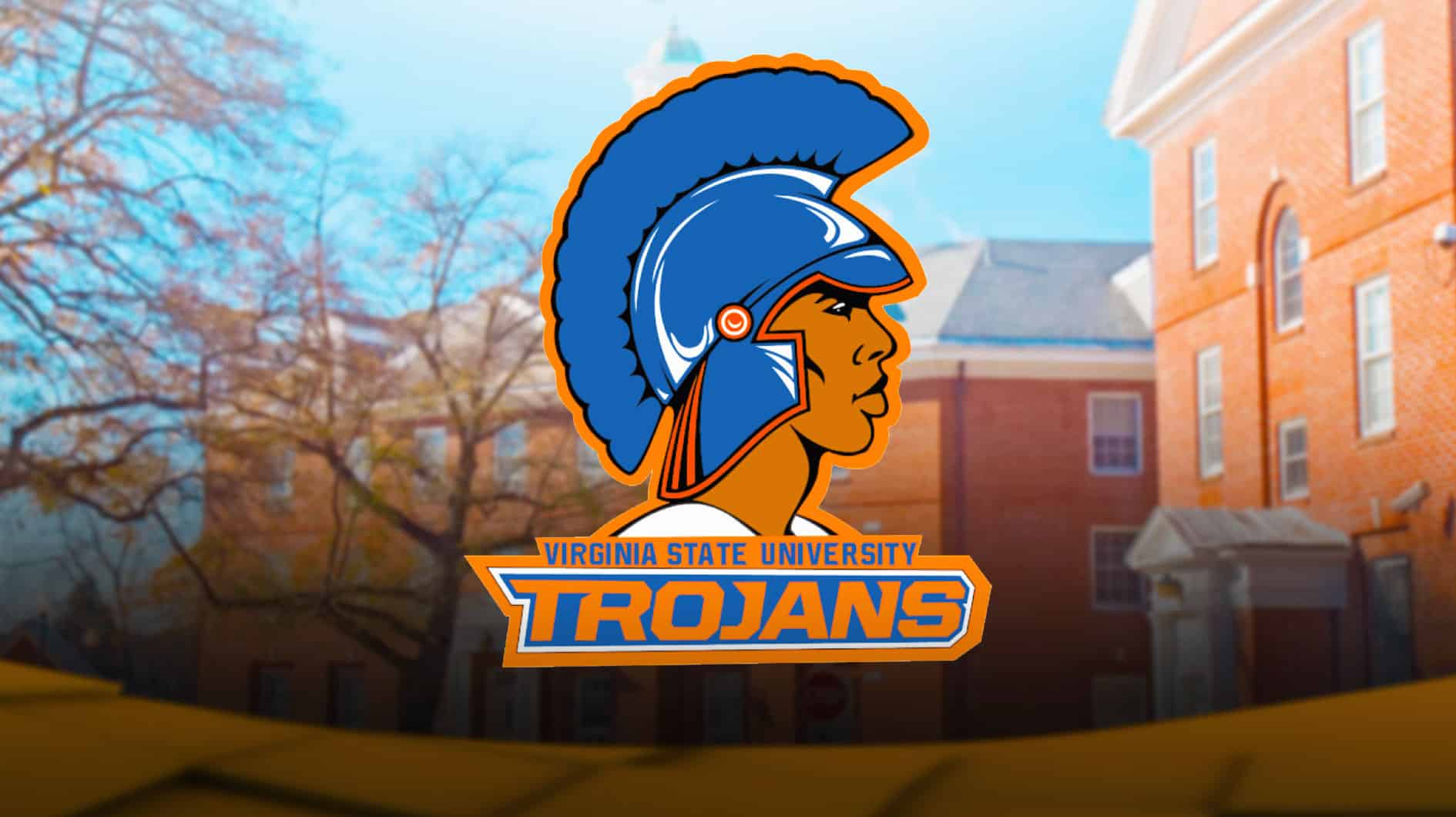We all know that textbooks can be a costly expense when going to college. That’s why resources like the Ida B. Wells Textbook Fund are important. The Ida B. Wells Textbook Fund has returned for a second year to support HBCU students and their needs as they progress through the educational system. This community resource helps students as they continue their academic adventures.
The fund was started in 2016 as a way to help students lessen the burden of paying for textbooks. The cost of textbooks is a common issue among students, along with food and housing issues, despite receiving financial aid especially HBCU students.For some students, finishing school is determined by their financial situation. Many students don’t have the necessary resources to complete their college education.
The fund encourages outreach and awareness to help raise people up and recognize their commitment to improving their lives as young scholars navigate things like health, family, and other issues while working toward their degree. More than $200,000 has been raised due to the fund’s commitment to helping others. The goal is to raise $25,000 for the textbook costs of 70 students at Howard University and Morgan State for the upcoming semester.
In order to receive assistance, students must complete a form on a first-come, first-served basis. Students may receive up to $250 in funding for the semester. Although this is a textbook fund, students can use the money to cover other expenses such as course software, wi-fi hotspots, and digital equipment.
Ida B. Wells, who the fund is named after, was an investigative journalist, educator, and leader during the early civil rights movement. She was also one of the founders of the National Association for the Advancement of Colored People (NAACP). Wells dedicated her career to combating prejudice and violence and advocating for African-American equality, especially that of women. Through articles and pamphlets like Southern Horrors: Lynch Law in all its Phases and The Red Record, which debunked the myth commonly spread that all Black lynch victims were guilty of crimes, Wells recorded lynching in the United States throughout the 1890s.
The fund is currently just under $10,000 short of its target, so anyone who believes in Black education is encouraged to make a donation. “By investing in our young individuals today, we are investing in a brighter future for us all,” says journalist Stacey Patton, who aspires to improve the lives of Black kids in order to drive generational advancement.





